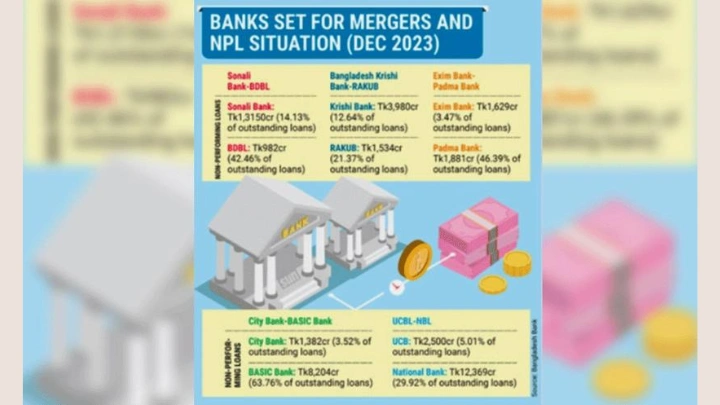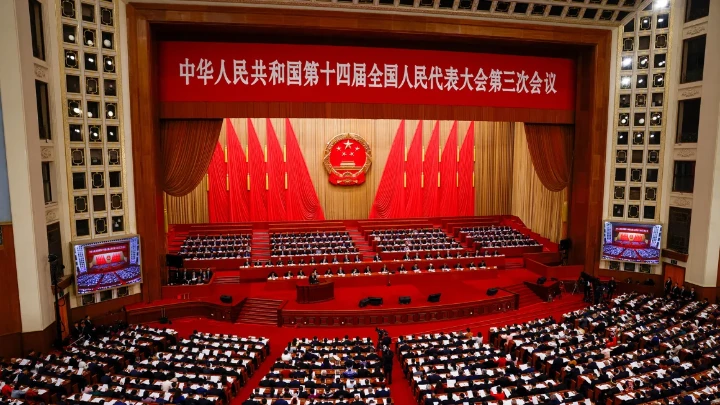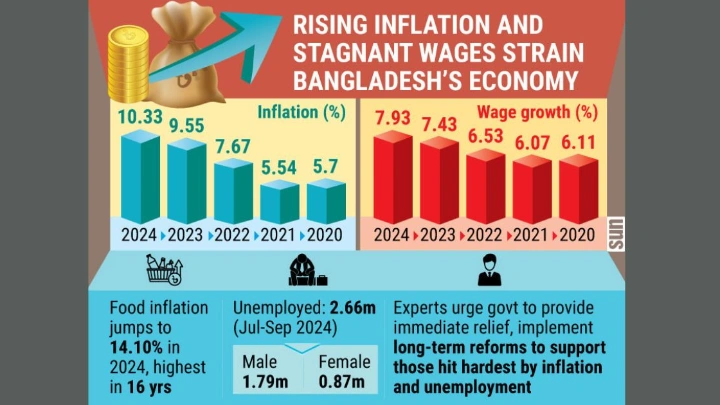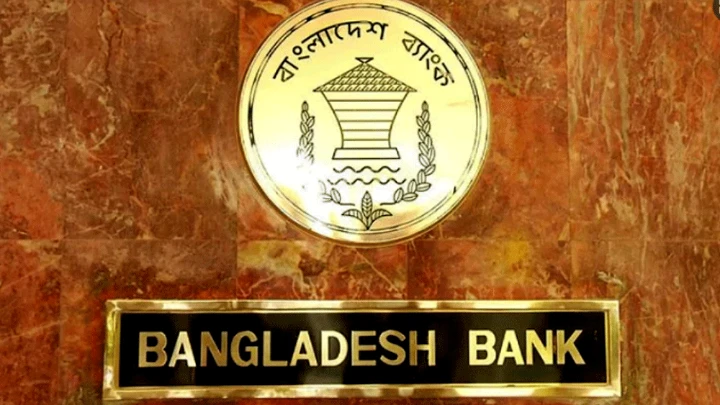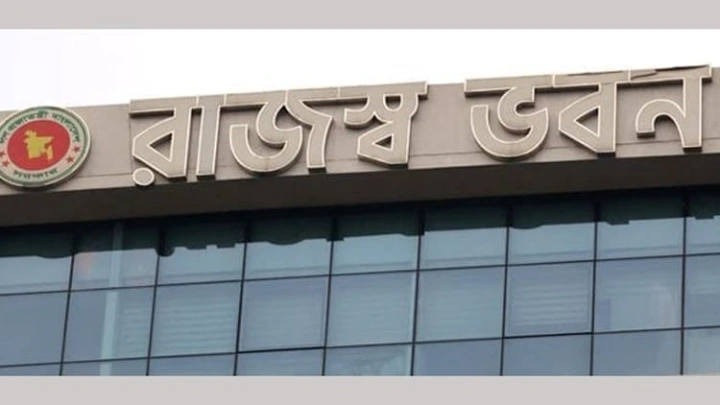Bank merger voluntary or dictated?
DailySun || Shining BD
Although the Bangladesh Bank is shaking up the banking sector with a series of mergers to rescue weak institutions, the process has raised questions about transparency and fairness.
While the central bank claims that the merger decision is a voluntary one left to the banks themselves, insiders portray a different picture.
The BB has decided to merge a total of five state-owned and private banks with as many banks. In fact, some of the burdens of the weak banks have been imposed on the strong banks.
In February last, the central bank unveiled a road map for banking sector reforms. As part of the road map, it decided to rescue the weak institutions through the merger.
On 4 April this year, the BB issued a bank merger policy for the first time. According to the policy, banks that are in a weak state will be subjected to compulsory merger if they do not combine voluntarily.
If a bank wants to merge voluntarily, its board of directors will take the decision. Even if banks are merged, they can prepare separate financial statements for up to three years. This will not have any negative impact on the financial statements of the acquiring banks. However, after three years, the preparation of consolidated financial statements of the two merged banks must begin.
Besides, the “Compulsory Consolidation-Related Policy” states that the central bank will be able to compulsorily merge weak banks from 2025. Before merging a bank, it should be evaluated by an audit firm registered with the BB.
If the merger is decided, a tender for taking over the liabilities and assets of the bank concerned should be published in newspapers in the form of a circular, which will contain all the information of that bank. If there is no objection, the central bank can merge that bank with any other bank.
Bankers said panic has already spread in the banking sector regarding how the process of bank merger is going on. Along with the banks with weak indexes, the banks with slightly better performance are also suffering.
They said the central bank calls and asks the strong banks to take responsibility for a weak bank without any prior knowledge.
Several senior executives of the banks that have already decided to merge told the Daily Sun that Bangladesh Bank has already decided which bank will be merged with which one.
They said the BB calls a meeting where the merger decision is taken sometimes in the presence of persons of the two banks concerned and sometimes in the presence of the persons of only one bank.
But the central bank said the merger decision was voluntary or optional where banks themselves decided to merge.
Md Mezbaul Haque, BB executive director and spokesperson, has recently said the managing directors and chairmen of the respective banks had verbally informed the central bank of the planned merger. These are voluntary merger proposals and the lenders will apply to the central bank formally after the plans are approved at their board meetings.
The Bangladesh Bank has now planned to suspend the acceptance of further applications for bank merger until the initial bidding process is completed, he added.
Among the five proposals, state-owned Sonali Bank PLC aims to acquire Bangladesh Development Bank Ltd (BDBL) while Bangladesh Krishi Bank seeks to take over Rajshahi Krishi Unnayan Bank (RAKUB).
Private commercial bank City Bank intends to acquire state-run BASIC Bank while United Commercial Bank plans to merge with National Bank and Shariah-based Exim Bank of Bangladesh wants to absorb Padma Bank.
Ahsan H Mansur, executive director of the Policy Research Institute of Bangladesh (PRI), told the Daily Sun that the implementation of the merger decision will prove the competence of the central bank.
“There’ll be obstacles to the path. It was a wrong decision to merge weak banks without proper audit. As a result, everyone is panicking. Some have taken advantage of this. Investors will also suffer. Now if the process of merging these five banks is completed through the proper process, it’ll be good for the banking sector,” he said.
Dr Zahid Hussain, former lead economist of the World Bank’s Dhaka office, told the Daily Sun that it is a big question whether Bangladesh Bank has the ability to merge a number of weak banks in the country.
And there are questions about the announcement of the so-called voluntary merger, he said. “Only time will say whether this is a decision to save the owners and looters. There may be pressure from the owners to withdraw from the merger decision.”
After the merger of two banks, the strong bank also should bear the loss. “If the support comes from the Bangladesh Bank, it will have to print money, which will also increase the inflation,” Dr Zahid added.
NPL condition of those banks
According to the BB data, the non-performing loans of some weak banks are in a bad position. There is also a capital shortfall of those banks.
The BDBL was established through the merger of Bangladesh Shilpa Bank and Shilpa Rin Sangstha in 2009. Even after the merger, the problem of defaulted loans of the two older banks could not be overcome, and the new bank is still burdened with a huge amount of defaulted loans. Now the BDBL is going to merge with another state-owned bank – Sonali.
According to the BB data, at the end of December 2023, Sonali Bank’s total outstanding loans stood at Tk93,096 crore. Of the amount, Tk1,3150 crore or 14.13% is defaulted. However, there is no capital shortfall due to the deferral facility. Of the BDBL’s total loan, Tk982 crore or 42.46% is defaulted till December last.
Bangladesh Krishi Bank’s defaulted loan stood at Tk3,980 crore or 12.64% of the total loans. Its total outstanding loan was Tk31,487 crore. There is a capital deficit of Tk13,363 crore. In the banking sector, no other bank has such a deficit.
RAKUB’s defaulted loan stood at Tk1,534 crore or 21.37% of the total loan. The bank has a capital deficit of Tk2,472 crore.
At the end of December 2023, the Padma Bank’s disbursed loans stood at Tk4,054 crore with 46.39% or Tk1,881 crore of the total being non-performing debt. Its capital shortfall stood at Tk607.92 crore. On the other hand, the Exim Bank has non-performing loans amounting to Tk1,629 crore, which is 3.47% of the total.
At the end of December 2023, City Bank’s total outstanding loans stood at Tk39,261 crore. Of the amount, Tk1,382 crore or 3.52% is defaulted. However, there is no capital shortfall. Of the BASIC’s total loan, Tk8,204 crore or 63.76% is defaulted till December last. It has a capital shortfall of Tk3,150 crore.
UCB’s total outstanding loans stood at Tk49,956 crore with Tk2,500 crore or 5.01% of the amount being defaulted. However, there is no capital shortfall. The National Bank’s total loan stood at Tk42,771 crore. Of the amount, Tk12,369 crore or 29.92% is defaulted with a capital shortfall of Tk2,024 crore.
Shining BD

